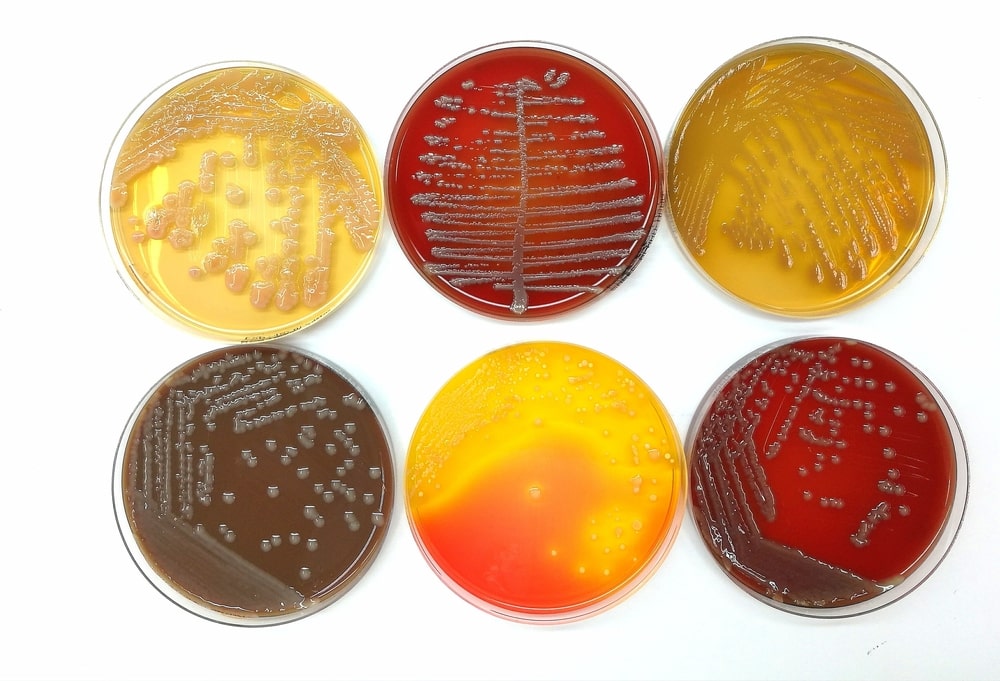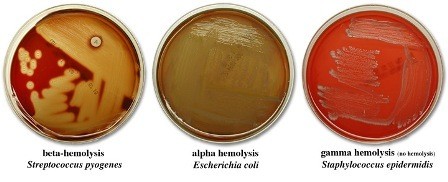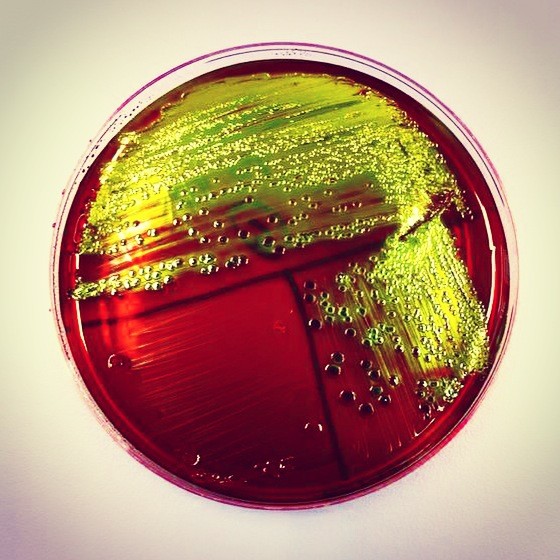Local culture media are suitable for the growth of all kinds of bacteria and cells. There are different types of culture media according to the type of bacteria and cells grown in them. One of the applied culture mediums in the field of biology is the differential culture medium.

Local culture media are suitable for the growth of all kinds of bacteria and cells. There are different types of culture media according to the type of bacteria and cells grown in them. One of the applied culture mediums in the field of biology is the differential culture medium.
Culture medium is an environment that provides necessary and nutritious materials for the growth, reproduction or maintenance of bacteria and cells. This environment has different types that can be used depending on the need. One of the most widely used culture mediums is the differential culture medium, which is introduced in the next article, and we will also examine its performance and applications.

Among the main types of culture media, we can mention Basic Media, Enrichment Media, Differential Media, Special Media and Selective Media. Meanwhile, the differential culture medium is a diagnostic culture medium. In this culture medium, colonies of different bacteria are completely distinguishable from each other.
These culture media contain substances that make a group of microorganisms visually different from the environment and other microbial groups and can be identified in this way. Some differential cultivation environments also have selective performance; such as McConkey and EMB agars

Selective culture media only allow the growth of certain types of bacteria within them. The performance of differential cultures is such that if there are several types of bacteria on a culture medium, all of them are allowed to grow and they can be distinguished from each other based on their image. Differential culture media, unlike selective culture media, do not kill bacteria, but reveal and show the presence of the target bacteria.
